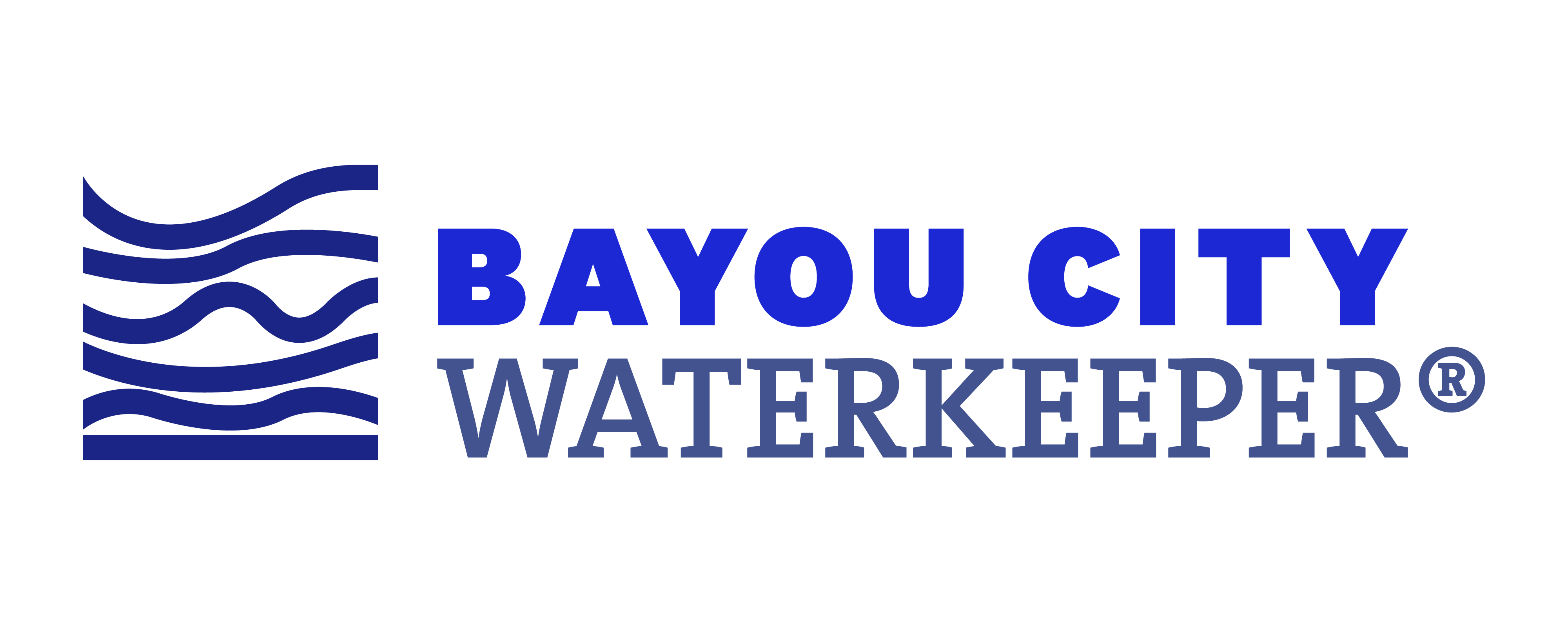This opinion piece co-authored by Policy Analyst Usman Mahmood and Water Justice Organizer Kourtney Revels appeared in the Houston Chronicle on October 15, 2023 and is available online here.
Water is a key part of Houston’s identity. The two of us are even more aware of that than most people: We’re a policy advocate and community organizer at Bayou City Waterkeeper, a nonprofit that fights for clean water and healthy communities across Houston.
So we were surprised by the State of the City 2023 address, in which Mayor Sylvester Turner offered words of wisdom to the next mayor. When it came to our city’s fraught relationship with water, we heard mostly silence.
For many of us, water brings to mind flooding during Hurricane Harvey, the boil notice during Winter Storm Uri, or concerns of pollution in our bayous in the aftermath of chemical disasters such as the ITC fire. Understandably, the memory and continued recovery from these disasters often overshadow the successes that Turner’s administration can rightfully claim — successes that the next mayor should know about and build on.
So here’s what Turner left out.
Prompted by our organization, his administration was the first to truly confront major problems with Houston’s sanitary sewer system, agreeing to invest $2 billion through a consent decree entered with the federal and state governments. In the generation ahead, this should result in upgraded infrastructure, maintenance and monitoring that will leave our bayous and neighborhoods cleaner and healthier. The next mayor has the power to build on this success by making sure these benefits are felt equitably across the city.
One step toward equity came earlier this year, when the Northeast Action Collective successfully pushed the city to commit to cleaning open ditches, rather than putting the burden on residents. Along with the city’s commitment to address illegal dumping, this will lead to drainage improvements in disinvested areas and mitigate disproportionate impacts of flooding and pollution on Black, brown and low-income Houstonians.
These wins would not have been possible without the people and groups who organized, unearthed data and fought for city leaders’ attention through legal action and advocacy. The city’s next mayor would do well to listen to such advocates.
And here’s a to-do list for the next mayor of this water city:
Pull down federal infrastructure funds to support overdue improvements for clean, reliable water in historically disinvested neighborhoods. Billions in federal funds are available through the Infrastructure Investment and Jobs Act and the Inflation Reduction Act, which our city could use to protect families from flooding, pollution and storms. These funds could improve drainage systems, relocate families in flood-prone neighborhoods and clean up legacy pollution at Superfund and brownfields sites.
Invest in green infrastructure. During Houston’s next stormwater permitting renewal process in 2024, the city can commit to upgrading our stormwater management programs to ensure sustainable practices and reduced pollution in our waterways. Meeting Resilient Houston planning goals to remove structures from floodways — and preventing further development of our floodplains — will allow these areas to be restored to more natural states and help reduce the risks we face from flooding.
Fix sewers in the neighborhoods where they overflow. The $2 billion consent decree left out a promised program for helping lower-wealth residents with important repairs to private sewers. But the next mayor should amend the consent decree by promising to reinvest a share of the penalties the city pays into the neighborhoods most burdened by sewage overflows.
Make space for community voices in public planning. The city is launching a One Water plan which can provide long-term solutions for our stormwater, wastewater and drinking water. Public involvement by communities should be prioritized to truly shape a holistic water management plan that centers water equity, affordability, access, and green infrastructure.
Reduce industrial risks. In our city’s toxic risk hotspots, the city, working with county, state and federal enforcement authorities, must holdt accountable and deliver on the promise of safe and healthy neighborhoods for all.
Water affects us all. As we welcome a new mayor this November, let’s remember that water is not just a challenge in the Bayou City. It’s part of the fabric of our Gulf Coast place. And it carries opportunities for a better, more resilient and more equitable Houston.
Usman Mahmood is the policy analyst and Kourtney Revels is the water justice organizer at Bayou, City Waterkeeper, which works towards healthy communities and waterways in greater Houston.
